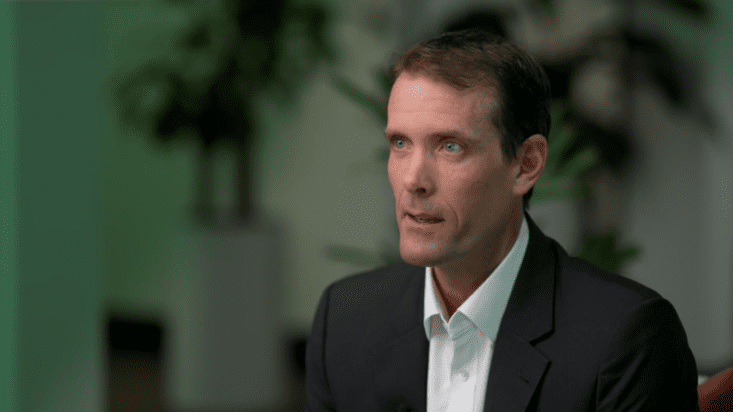Surging equity markets highlight importance of valuation discipline: Australian Ethical
While the Australian stock exchange hums along on a sustained run of strong returns, the inflated valuations of companies across the domestic market also necessitates a heightened need for investor discipline according to Australian Ethical.
Speaking on a recent outlook post for the nation’s largest responsible investment–focused fund manager, Australian Ethical portfolio manager and equities analyst Mark Williams cautioned investors not to drift away from fundamentals at a time when valuations are broadly full. The ASX rose about 12 per cent in the last two months of 2023, and posted a 6 per cent in the 6 months from the beginning of September to the end of February.
“The first thing to say is valuation discipline is important in any kind of market, but in the last couple of months we’ve seen equity markets particularly strong,” Williams said, adding that the US Fed “lit a fire under equity markets” when it signalled rate cuts for the back half of 2024.
The warning is prescient for Australian Ethical, given the manager focusses a lot of its investment activity in the industrials sector which covers a lot of the environmental project areas. Price-to-earnings (PE) multiples may still sit around long-term averages at the moment, he said, but in the industrials sector the current PE multiple of 18 is actually above long-term averages.
“So it does show that the market is a bit elevated after this period of good returns. And so I think in that environment, having strong valuation discipline is very important.”
Not chasing momentum
Australian Ethical’s ethical charter mandates restriction of investments in negative activities like fossil fuels, nuclear and tobacco in favour of positive ones like renewables, healthcare and IT. As a result, it takes a unique view of the investment universe whereby it is very much a growth investor, but one that takes a value mindset.
“We effectively operate in a growth type of universe, but the way we think as an investment team is we are really, very valuation-oriented,” he explained. “So what we’re looking for in business models is strong recurring revenues, strong balance sheets and cashflow generation. Really, from a valuation perspective, we’re looking for those opportunities where companies are attractive from multiple perspectives, attractive relative to the broader market or even peers within the sector.”
Despite having a strong focus in the technology sector, Williams says Australian Ethical is wary of “chasing momentum” and allocation capital to areas that are full-priced.
“Particularly in technology, you’ve seen over the last couple of years a number of stocks that have been chased by the momentum crowd,” he says. “And then conditions turn and suddenly there’s a problem there. And if you’ve bought in at that higher end of the market, when the momentum is running, you’re left with not much if things go wrong.”
Standout performers
The analyst provides a few examples of companies it sees performing well in the current market, and which present the kind of value opportunities it entertains.
One is ResMed, the global healthcare franchise, which develops aids for people with sleep apnea and related conditions. The company’s stock price took a ~40 per cent hit in mid 2023 as obesity drugs like Ozempic flooded the market and analysts worried about the impact on the products ResMed make.
“We think that impact or potential impact is overstated,” he said. “But equity markets don’t like uncertainty and there’s a lot of uncertainty around it to the extent that the PE multiple for ResMed dropped to a decade low of 18 times. And we’re just seeing that impact is overstated for this type of business. So we think there’s good valuation upside and opportunity in that business over time.”
The other example is Pexa, a digital property settlements platform with “high margins, good revenue growth, good market share, and generates a good amount of cash”.
“What PEXA is trying to do is replicate that success in the UK and it’s taken a little bit longer and a bit more capital than equity markets have patience for in the shorter term, but we think it’s a good opportunity over the long term for patient capital to see a really good return in this type of business as they execute on the UK opportunity. So again, we think valuation is on our side and we think that’ll deliver good returns over the long term.”










